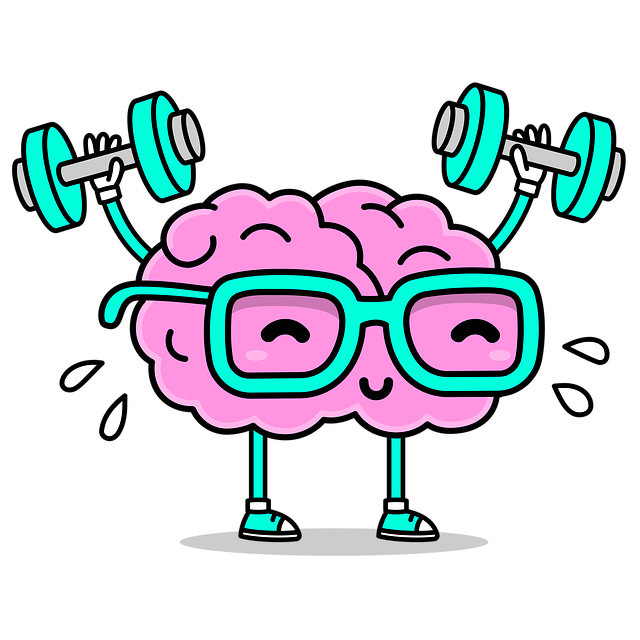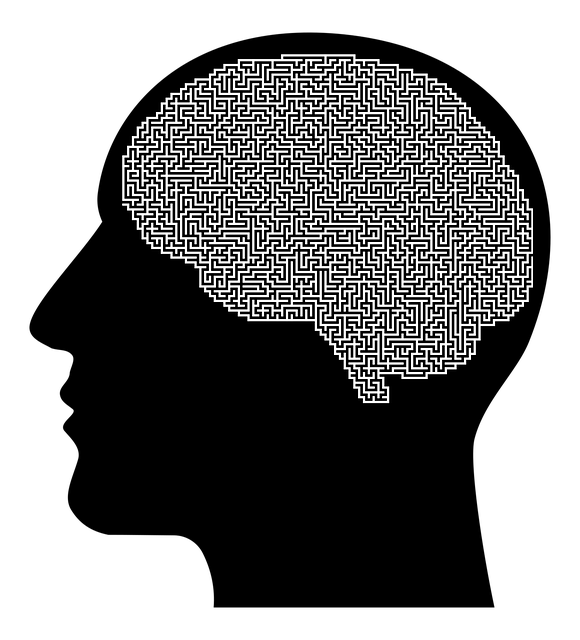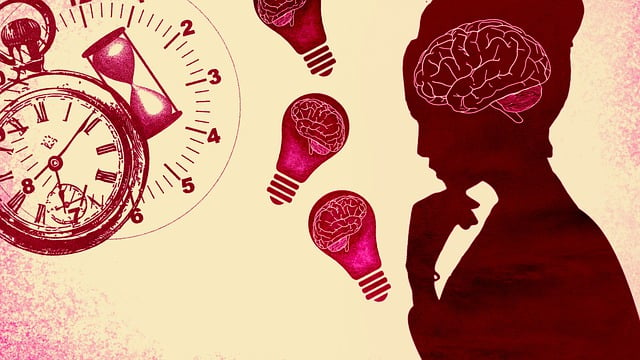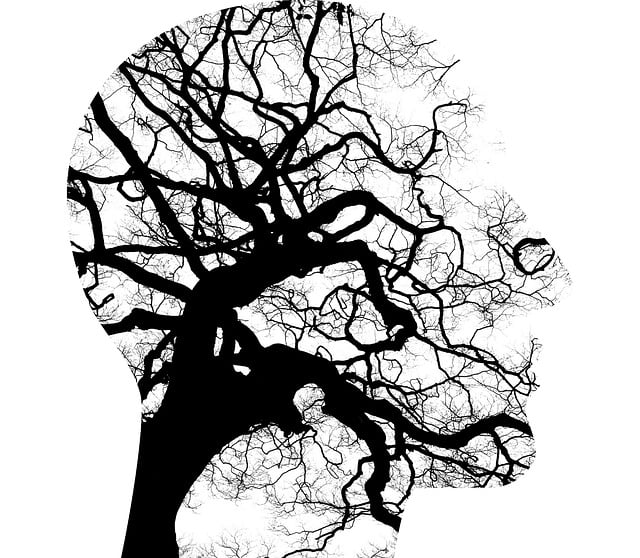Mental wellness groups in Northglenn, facilitated through Northglenn Chronic Illness Therapy, offer a supportive community that complements traditional therapy methods. These groups create safe spaces for members to share experiences and receive trauma support, improving mental wellness and managing chronic illness symptoms. Through open dialogue, interactive activities, and mindfulness exercises, participants gain emotional relief, practical advice, and a sense of belonging. Effective communication strategies, like active listening and clear language, enhance group dynamics and promote stress management. A supportive environment fosters camaraderie, empowers resilience building, and strengthens peer support networks.
Mental wellness groups play a pivotal role in supporting individuals living with chronic illnesses, offering a safe space for peer connection and skill-building. This article explores effective group facilitation techniques, drawing from the unique approach employed by Northglenn Chronic Illness Therapy. We’ll delve into strategies for fostering open dialogue, encouraging active participation, and promoting healing through community support. By understanding these methods, health professionals can enhance the impact of mental wellness groups, significantly improving the lives of their chronic illness clients.
- Understanding Mental Wellness Groups: Their Role in Chronic Illness Support
- Northglenn Chronic Illness Therapy: A Unique Approach to Group Facilitation
- Effective Communication Strategies for Group Leaders
- Creating a Safe and Inclusive Environment for Open Dialogue
- Techniques for Encouraging Active Participation and Peer Support
Understanding Mental Wellness Groups: Their Role in Chronic Illness Support

Mental wellness groups play a pivotal role in supporting individuals with chronic illnesses, offering a unique and powerful form of therapy that complements traditional Northglenn Chronic Illness Therapy approaches. These supportive communities provide a safe space where members can connect, share experiences, and gain insights from one another. By fostering open dialogue and understanding, participants navigate their journey towards improved mental wellness, managing symptoms, and enhancing overall quality of life.
In the context of chronic illness, these groups serve as a powerful tool for trauma support services, enabling individuals to process and overcome challenges collectively. Through community outreach program implementation, members access emotional relief, practical advice, and a sense of belonging. The group dynamic encourages coping mechanisms, promotes self-care practices, and cultivates resilience—all essential aspects in managing long-term health conditions.
Northglenn Chronic Illness Therapy: A Unique Approach to Group Facilitation

Northglenn Chronic Illness Therapy offers a unique and innovative approach to group facilitation, focusing on holistic healing for individuals navigating chronic illnesses. This therapeutic model goes beyond traditional talk therapy by integrating various techniques to support not just mental health but also emotional healing processes. Facilitators create a safe and supportive environment where participants can share their experiences, fostering camaraderie among peers facing similar challenges.
Through interactive activities, mindfulness exercises, and skill-building workshops, the program empowers individuals to develop effective coping mechanisms for stress management and resilience building. By combining group dynamics with personalized attention, Northglenn Chronic Illness Therapy provides a comprehensive framework that enhances participants’ overall well-being.
Effective Communication Strategies for Group Leaders

Effective communication is a cornerstone for successful group facilitation, especially in Northglenn Chronic Illness Therapy settings. Group leaders must adopt strategies that foster open and honest dialogue, ensuring every member feels heard and respected. Active listening, where facilitators pay close attention to both verbal and non-verbal cues, helps participants express their thoughts and feelings more freely. This technique also allows for a deeper understanding of the group’s dynamics, enabling leaders to adapt their approach accordingly.
Additionally, utilizing clear and concise language, coupled with empathy, can significantly enhance emotional well-being promotion techniques. Group leaders should model positive communication patterns, encouraging peers to do the same through social skills training. By integrating stress reduction methods into these interactions, facilitators create a safe space where members can learn effective coping strategies, ultimately strengthening their support network and overall mental wellness.
Creating a Safe and Inclusive Environment for Open Dialogue

Creating a safe and inclusive environment is paramount for effective group facilitation, especially when addressing sensitive topics like mental wellness. In Northglenn Chronic Illness Therapy sessions, facilitators play a crucial role in fostering an atmosphere where participants feel comfortable sharing their experiences. This involves active listening, empathy, and ensuring everyone’s voices are heard without judgment. By promoting open dialogue, facilitators encourage members to express their thoughts and emotions freely, fostering a sense of community and mutual support.
Incorporating techniques like round-robin discussions, where each member takes turns sharing, ensures equal participation. Additionally, setting clear boundaries and ground rules at the outset helps establish trust and respect. This environment is ideal for exploring topics like depression prevention, mood management, and even social skills training, as individuals feel empowered to navigate their mental health journeys together.
Techniques for Encouraging Active Participation and Peer Support

Encouraging active participation and fostering peer support are key techniques in mental wellness group facilitation, as seen in Northglenn Chronic Illness Therapy practices. Group members can be prompted to share their experiences and insights through open-ended questions, creating a safe and non-judgmental environment where everyone feels comfortable contributing. This not only enhances engagement but also allows for the exchange of diverse perspectives, which is crucial for emotional support and growth.
Peer support is further strengthened by promoting positive thinking and emotional intelligence within the group dynamic. Facilitators can incorporate activities that encourage empathy and understanding among members, helping them recognize and appreciate each other’s unique challenges and victories. By implementing burnout prevention strategies for healthcare providers—who often bear the brunt of emotional labor in such settings—the overall mental wellness of both patients and facilitators can be significantly improved, fostering a more supportive and productive group environment.
Mental wellness group facilitation plays a pivotal role in supporting individuals with chronic illnesses, fostering peer support, and enhancing overall well-being. As demonstrated by Northglenn Chronic Illness Therapy’s unique approach, creating a safe and inclusive environment is key to encouraging open dialogue. Effective communication strategies, combined with techniques that promote active participation, empower group members to navigate their challenges together. By adopting these facilitation techniques, mental health professionals can revolutionize support systems, ensuring every voice is heard and valued in the journey towards improved mental wellness.












